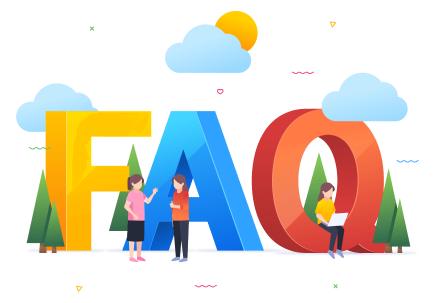FAQ & Pricings
Frequently asked questions with the pricing for our SEO and digital agency services.
1 page
$14.99/ mth
- 75 Analytics Compaign
- 1,500,300 Crawled Pages
- Branded Reports
- 2,600 Keywords
- 5 Social Account
3 pages
$29.99/ mth
- 85 Analytics Compaign
- 1,250,000 Crawled Pages
- Branded Reports
- 2,900 Keywords
- Limited Support
- 6 Social Account
6 pages
$45.99/ mth
- 105 Analytics Compaign
- 1,500,000 Crawled Pages
- Branded Reports
- 3,300 Keywords
- 7 Social Account
12 pages
$59.99/ mth
- 300 Analytics Compaign
- 2,500,000 Crawled Pages
- Branded Reports
- 9,300 Keywords
- 10 Social Account
12 keyword research
$1.5/ 12 hours trial
- 300 Analytics Compaign
- 1,500,000 Crawled Pages
- Branded Reports
- 3,900 Keywords
- 4 Social Account

SEO is the technique of optimizing your website and getting it placed in the high ranking of search results. It is one of the most preferred mode of Internet Marketing.Improvement in ranks will lead to increase in relevant traffic from various sources. SEM (Search Engine Marketing) is the set of all marketing activities focused on web search engines (PPC, Social Media Campaigns, Affiliate programs).
Improve your website's rankings by utilizing a well planned and executed search engine optimization campaign, which will cost more than you would have guessed.
It can be difficult to know when SEO changes will translate into benefits, especially due to impediments such as websites that have been penalized, technical issues with troubleshooting, compliance authorization, or even wait-times for cooperation from IT departments. Whatever the hurdle, SEO requires team effort, and a realistic timeline which allows for both long-term strategy and short-term website tasks.
Search engine analysts work meticulously to fix current problems, prevent future website issues, and improve website quality. The SEO results your business is looking for (Local SEO, National SEO, Global SEO) is going to influence the types of SEO techniques that are performed on your site.
Get things right at the beginning, from an SEO perspective, and you’ll save yourself hours and hours of work further down the line fixing a website that wasn’t originally built with SEO in mind.By getting your website listed in the right ones before launch, you will have built authority to your “coming soon” page that will be transferred to the rest of your pages when they go live.
Make sure each page of your website targets one primary search keyword and several secondary keywords.Structure your website so that each page is as relevant and specific as possible using the example structure shown above.
Many of the SEO companies that do still guarantee rankings have taken the clever tack of guaranteeing a certain number of keywords that they themselves choose. In this fashion, they can select primarily non-competitive terms and have a fairly high rate of success. Whether those keyword rankings provide any serious traffic is another matter altogether.
Search Engines are in Control and not the other way round. The bottom line is that SEO professionals do not control the search engines. Ranking is calculated on the basis of the algorithms applied by the search engines.
Google introduces changes to its ranking algorithm. Some are tiny tweaks; others seriously shake up the SERPs. This cheat sheet will help you make sense of the most important algo changes and penalties rolled out in the recent years, with a brief overview and SEO advice on each. Google’s algorithms are a complex system used to retrieve data from its search index and instantly deliver the best possible results for a query.
The search engine uses a combination of algorithms and numerous ranking signals to deliver webpages ranked by relevance on its search engine results pages (SERPs).
The meta description is an HTML attribute that provides a brief summary of a web page. Search engines such as Google often display the meta description—typically up to 160 characters long—in search results where they can highly influence user click-through rates.A page's meta description should intelligently (read: in a natural, active, non-spammy way) employ the keywords that page is targeting, but also create a compelling description that a searcher will want to click.
It should be directly relevant to the page it describes, and unique from the descriptions for other pages.Meta descriptions can however impact a page's CTR (click-through-rate) on Google which can positively impact a page's ability to rank.
